NEP 2020: The Easy Path to 21st Century Skills for Indian Students
The National Education Policy (NEP) 2020 is a landmark reform, marking the first major change in India’s education framework in over three decades. It replaces the 34-year-old National Policy on Education (NPE) of 1986, bringing with it a vision to reshape the future of learning and teaching in India. Built on the pillars of Access, Equity, Quality, Affordability, and Accountability, NEP 2020 aims to align India's education system with global standards and foster a vibrant knowledge society. Here’s a look at some key features of NEP 2020 and how it promises to shape the next generation of learners.
Key Features of NEP 2020
1. Universal Access to Education
NEP 2020 prioritizes universal access to education for all children, from preschool to secondary school. Infrastructure development, innovative learning centers, and alternative modes of education (including open schooling for classes 3, 5, and 8) are all part of the plan to ensure that every child, including the 2 crore out-of-school children, is brought back into the education system.
2. Early Childhood Care and Education (ECCE)
NEP introduces a new 5+3+3+4 curriculum structure that replaces the traditional 10+2 format. This model covers early childhood (ages 3-8) and continues through secondary education. The policy recognizes that the first six years of a child’s life are critical for brain development, making early childhood care and education a central focus. Trained teachers and Anganwadi workers will deliver this early education, ensuring children develop foundational skills from a young age.
3. Foundational Literacy and Numeracy
Achieving foundational literacy and numeracy by Grade 3 is identified as a national priority. The creation of a National Mission on Foundational Literacy and Numeracy aims to ensure that all students acquire these skills by 2025. This will be coupled with a National Book Promotion Policy to encourage a reading culture among students.
4. Holistic and Multidisciplinary Learning
NEP 2020 introduces multidisciplinary learning and more flexibility in subject choices. The rigid boundaries between arts, sciences, vocational, and academic streams will be dissolved, giving students the freedom to pursue their interests. The focus will shift towards critical thinking, creativity, and problem-solving skills, which are crucial for thriving in the 21st century.
5. Multilingualism and Language Focus
NEP 2020 encourages multilingualism, promoting mother tongue or regional language as the medium of instruction until Grade 5, with an option to continue until Grade 8. Sanskrit, classical Indian languages, and even foreign languages will be offered as elective options in schools.
6. Reformed Assessments and Examinations
In place of summative evaluations, NEP 2020 envisions competency-based assessments to gauge students' understanding of core concepts. Board exams in Grades 10 and 12 will shift towards testing the application of knowledge rather than rote memorization. A new National Assessment Centre (PARAKH) will oversee the development of a more holistic assessment framework.
NEP 2020 and Higher Education
The policy's impact extends into higher education as well. It seeks to increase the Gross Enrollment Ratio (GER) to 50% by 2035 through a more flexible, multidisciplinary approach to learning. Key reforms include:
- Multiple entry and exit points during undergraduate studies.
- Creation of Multidisciplinary Education and Research Universities (MERUs).
- The establishment of the Higher Education Commission of India (HECI) to regulate all non-medical and legal higher education institutions.
The SchoTest Perspective: Shaping the Future of Indian Schools
At SchoTest, we believe NEP 2020 offers unprecedented opportunities for Indian schools to evolve and excel in the digital age. By creating a platform for schools to showcase their achievements and connect with parents, SchoTest is committed to helping institutions meet the new standards set by NEP. Our platform can assist schools in offering personalized learning experiences, integrating vocational courses from early stages, and embracing technology to enhance both teaching and learning. As the education landscape transforms, SchoTest is here to provide the tools and resources necessary to thrive in this dynamic environment.
Conclusion: A New Era for Education in India
The National Education Policy 2020 is a forward-thinking reform that aims to transform India’s education system. By focusing on holistic development, flexibility, and inclusivity, it prepares students to meet the challenges of the 21st century. As India moves towards becoming a global knowledge superpower, NEP 2020 will play a key role in shaping a more equitable, efficient, and student-centered education system.
For schools looking to embrace these changes, SchoTest provides an essential platform to navigate this exciting future of education. Let's work together to make the vision of NEP 2020 a reality.
Sources: Ministry of Education


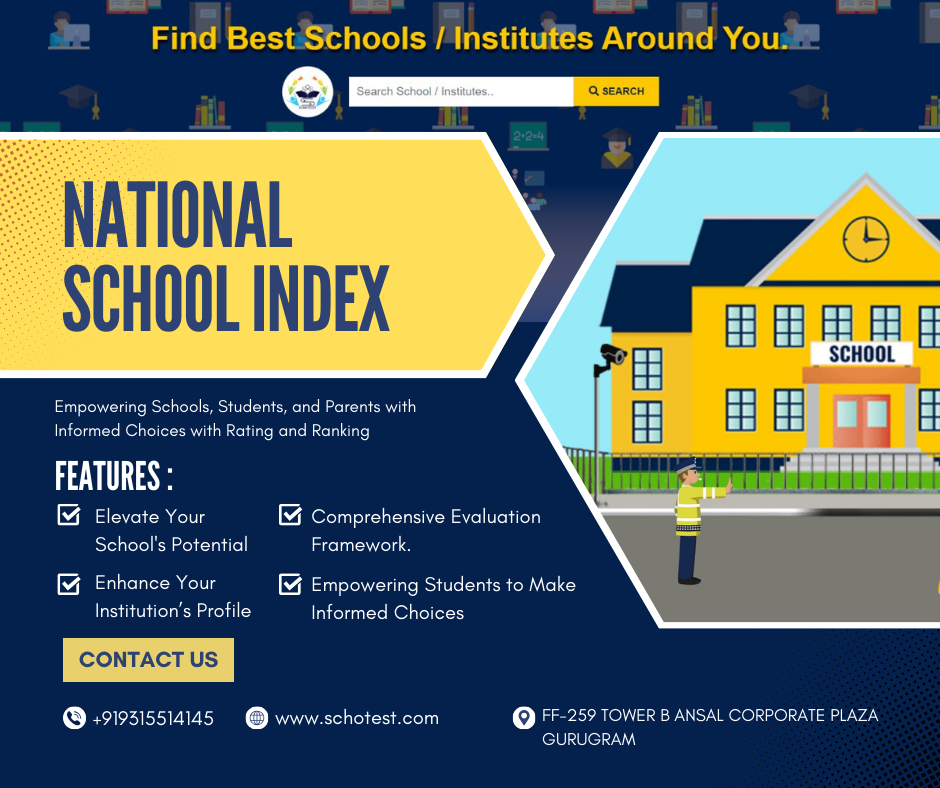
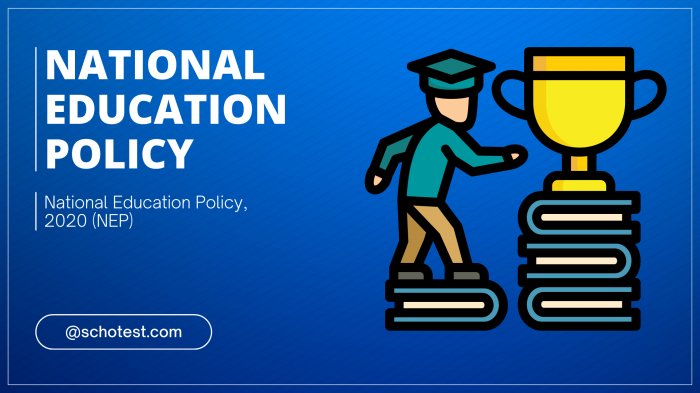


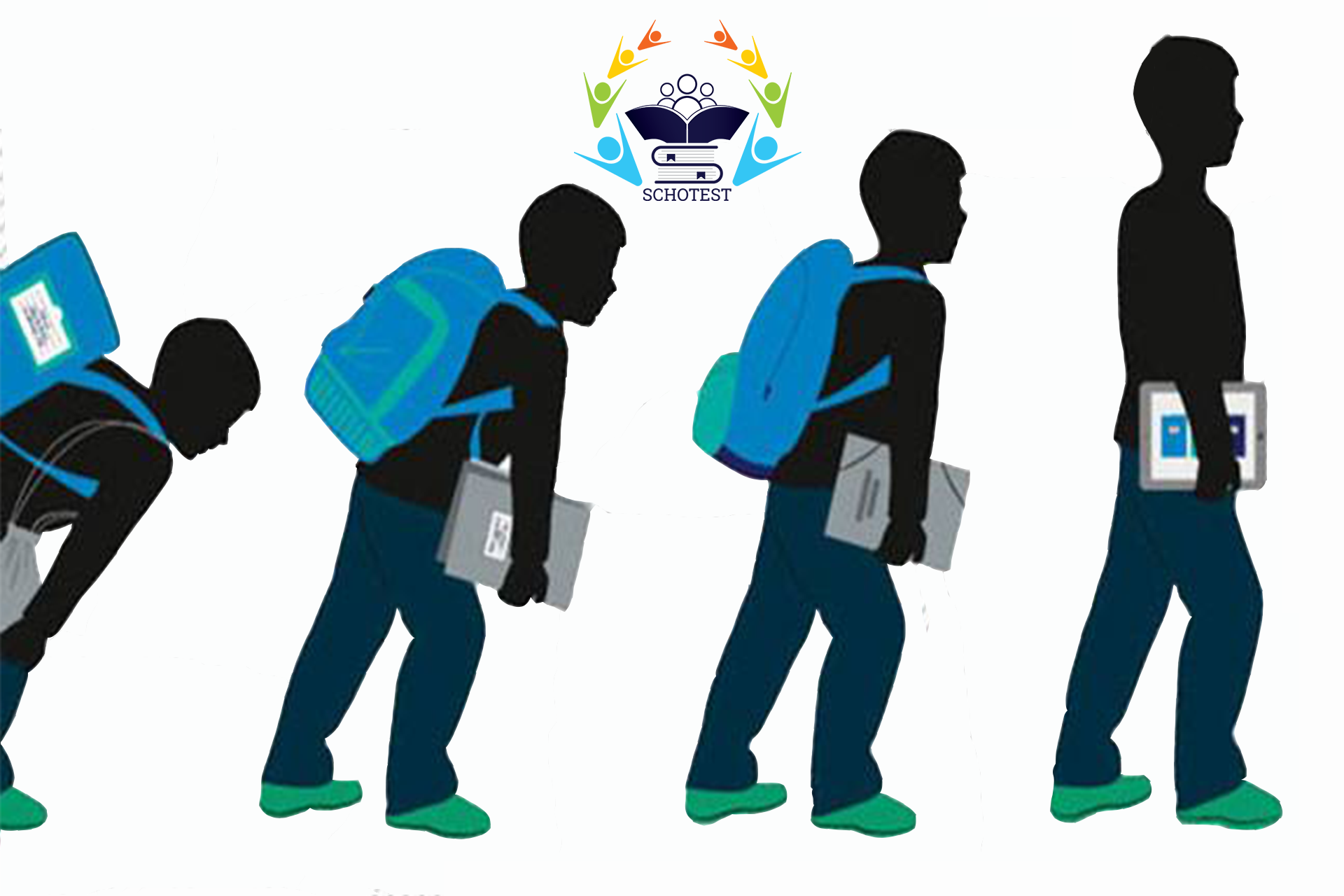
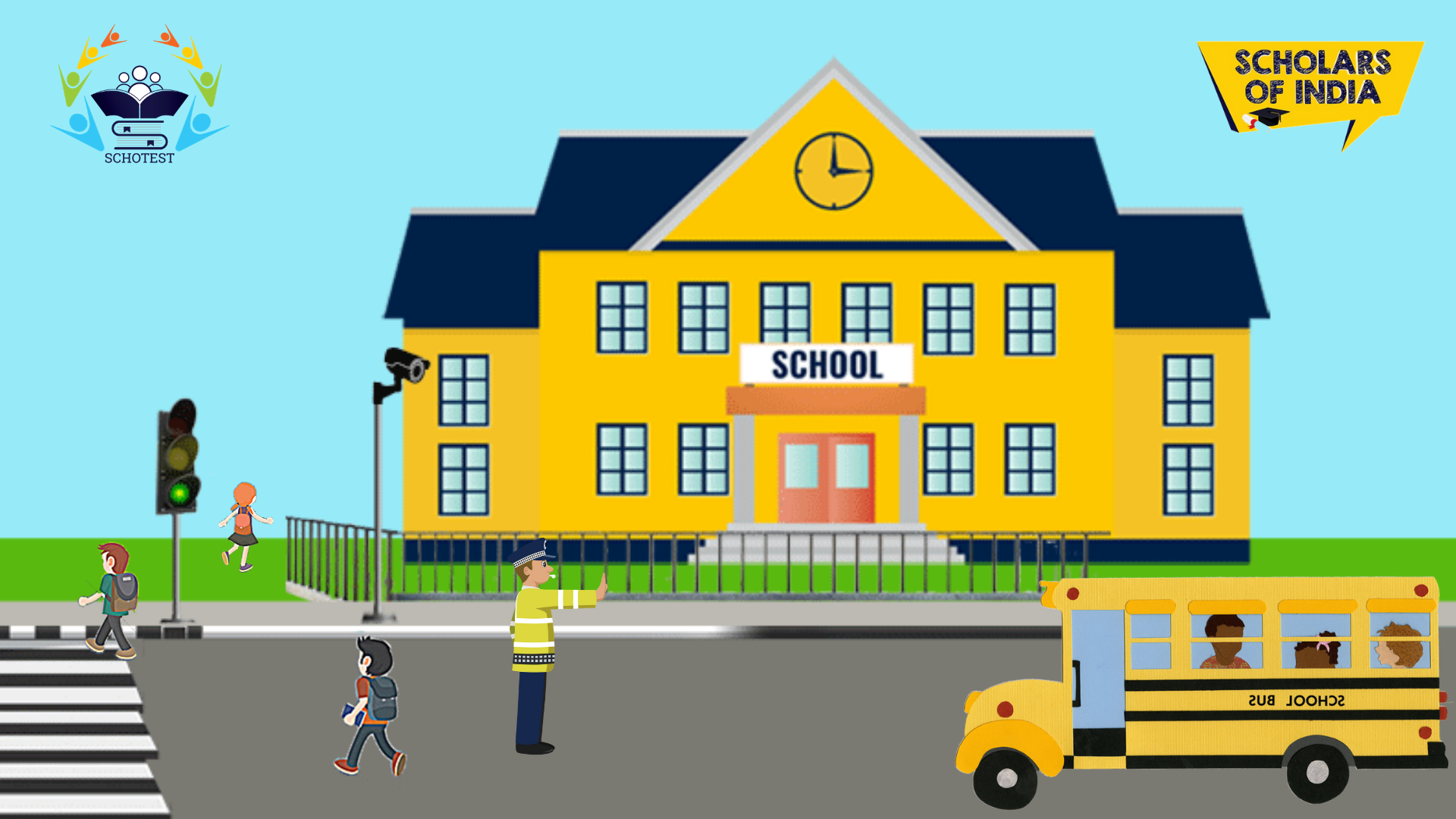
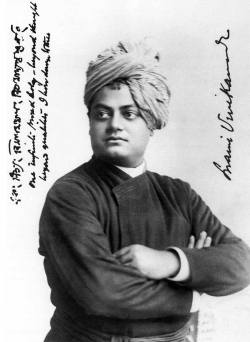
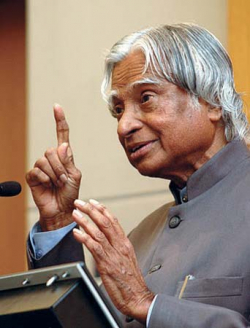
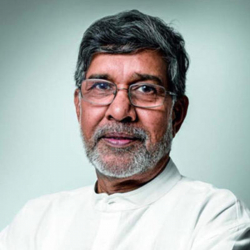
Discussion